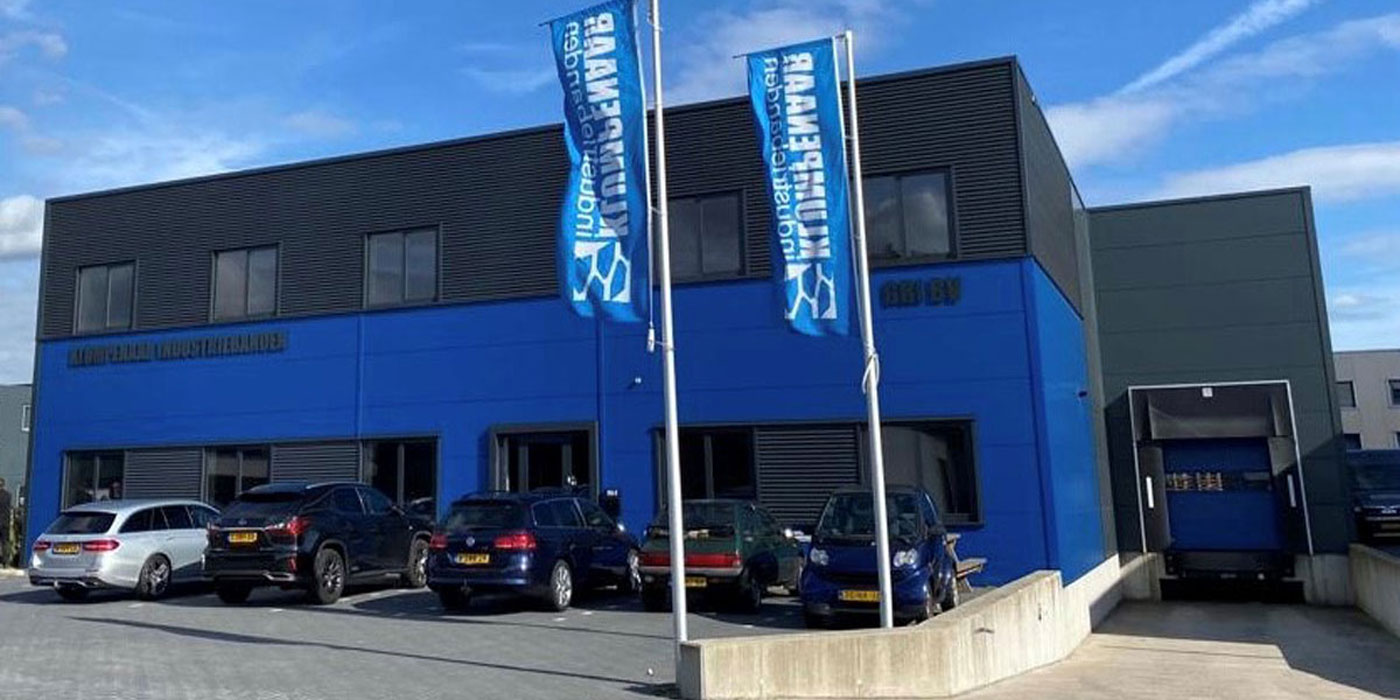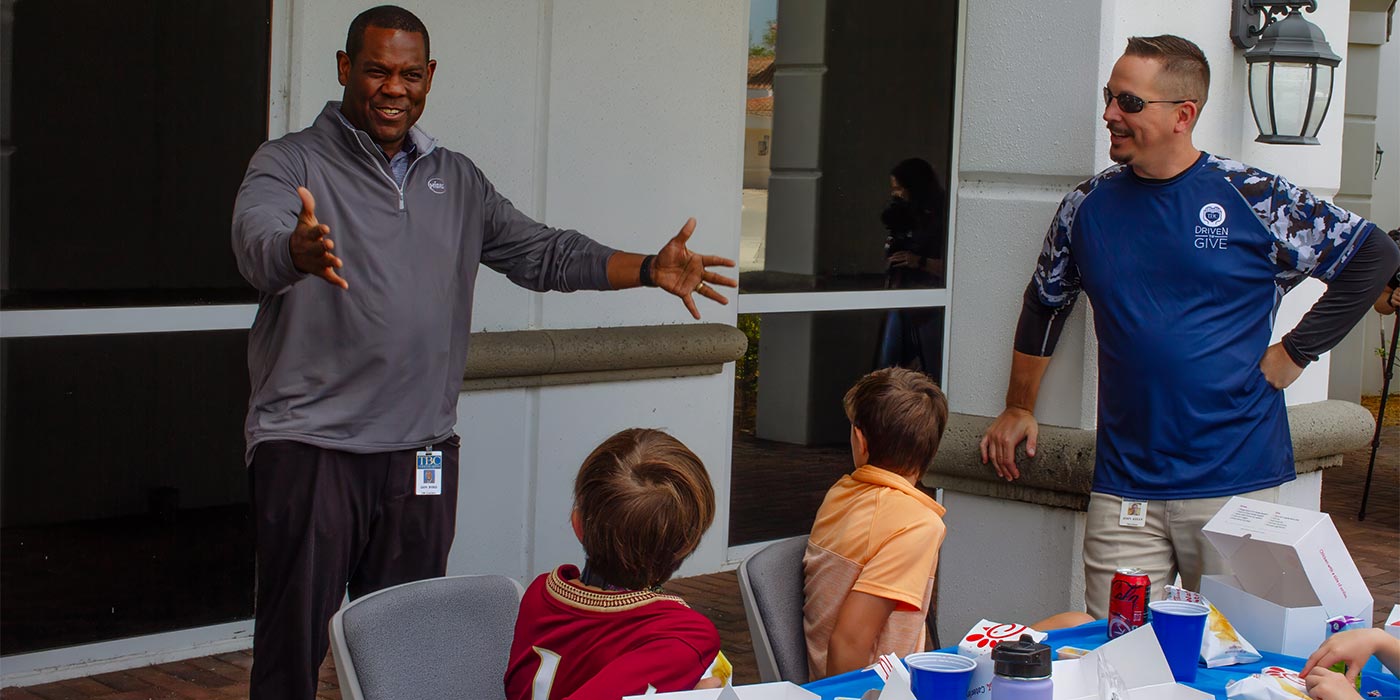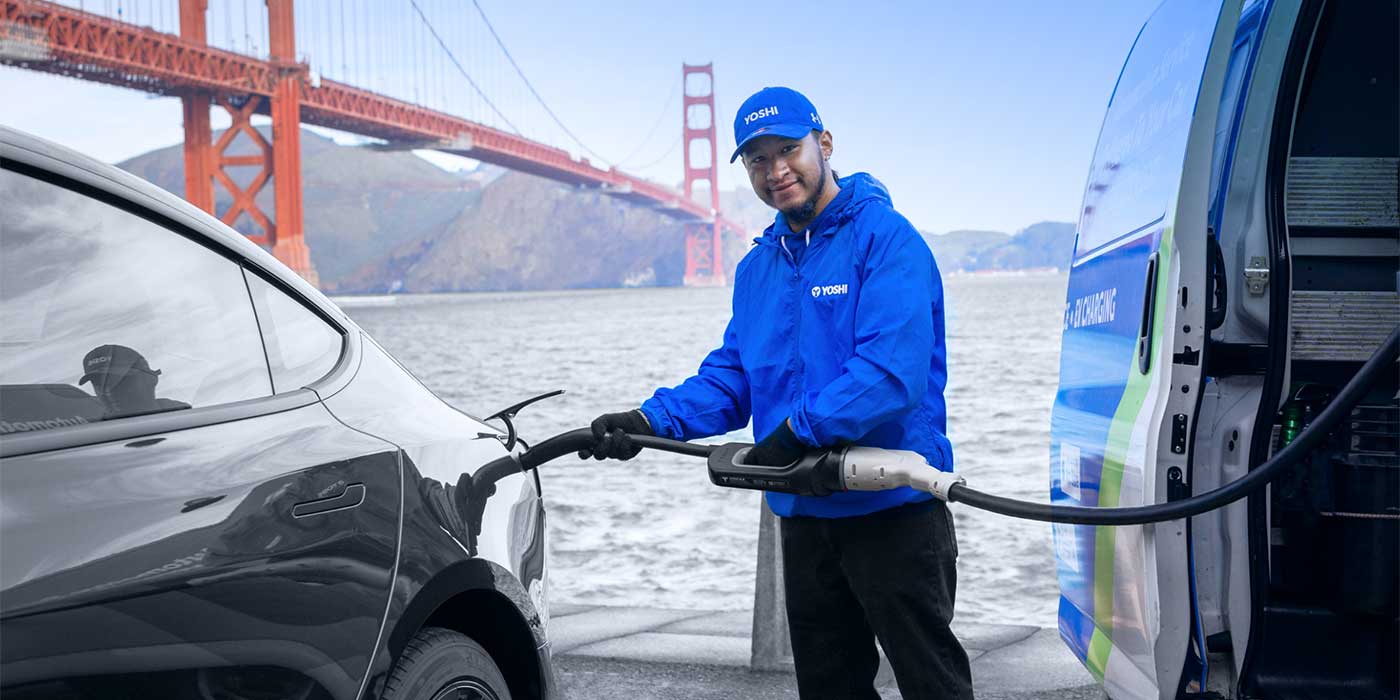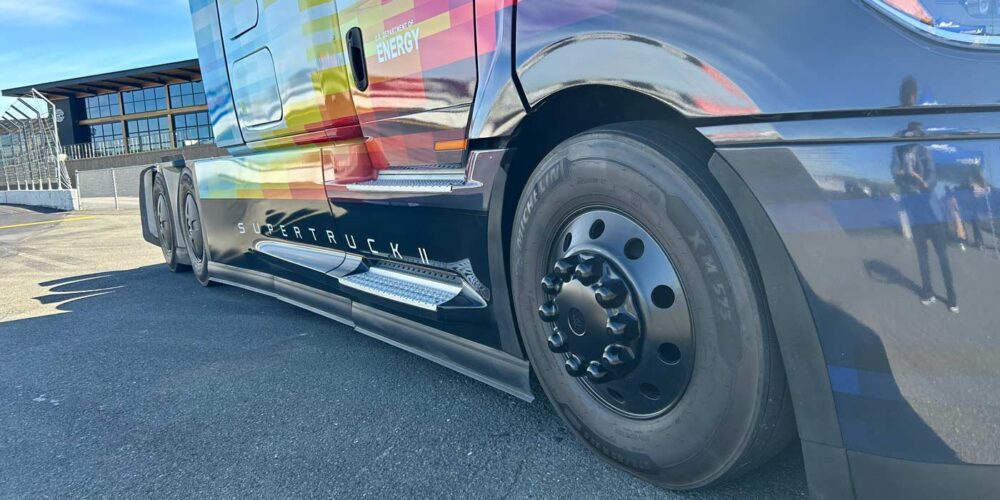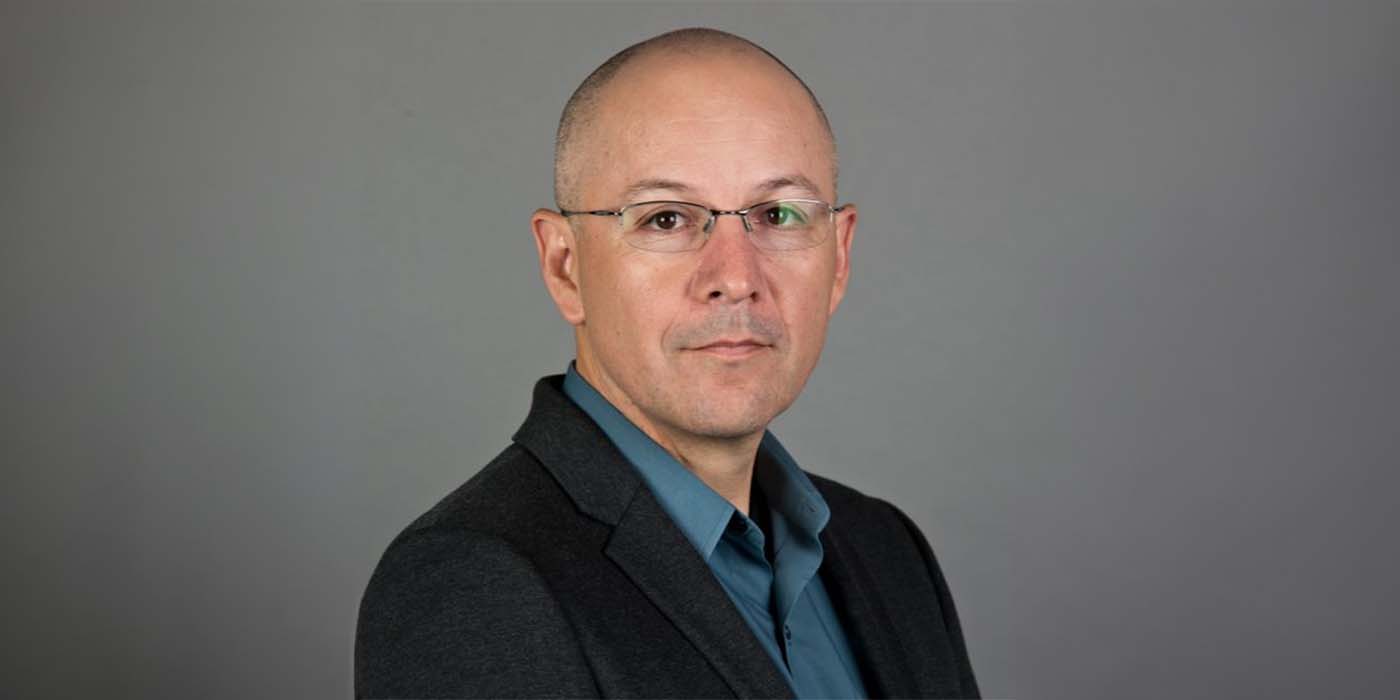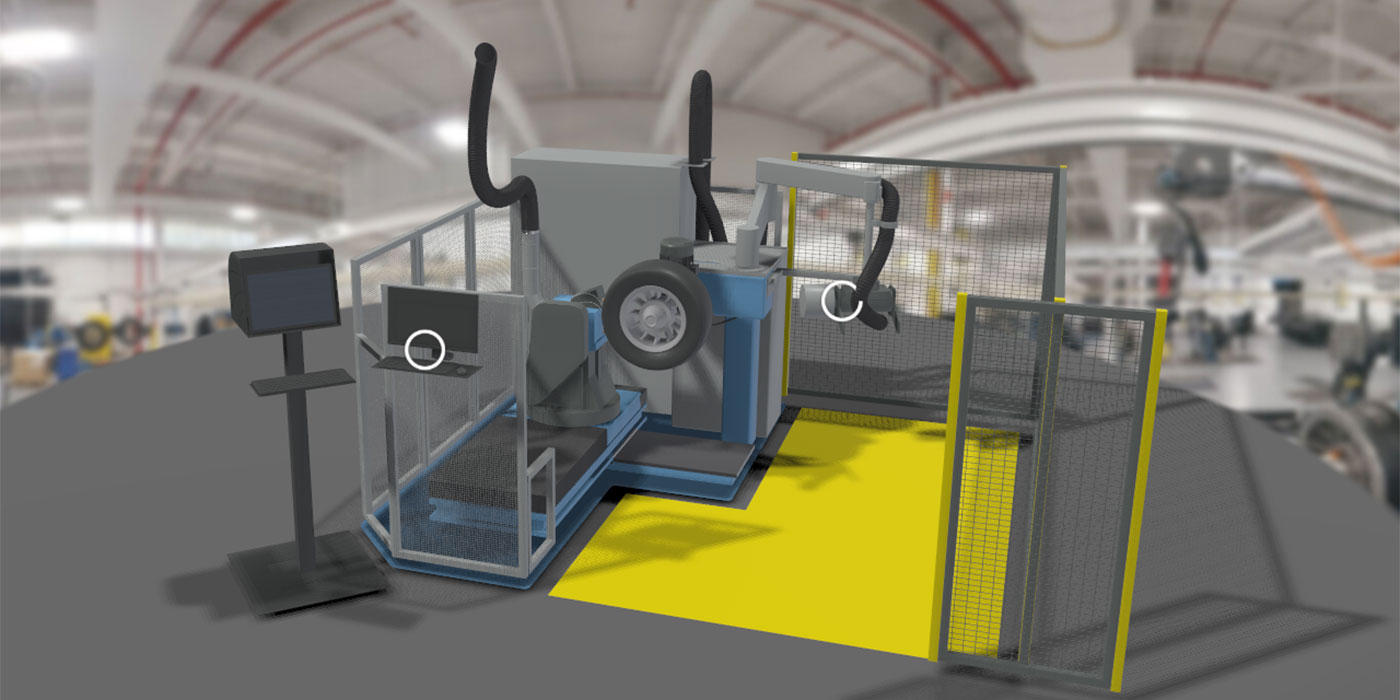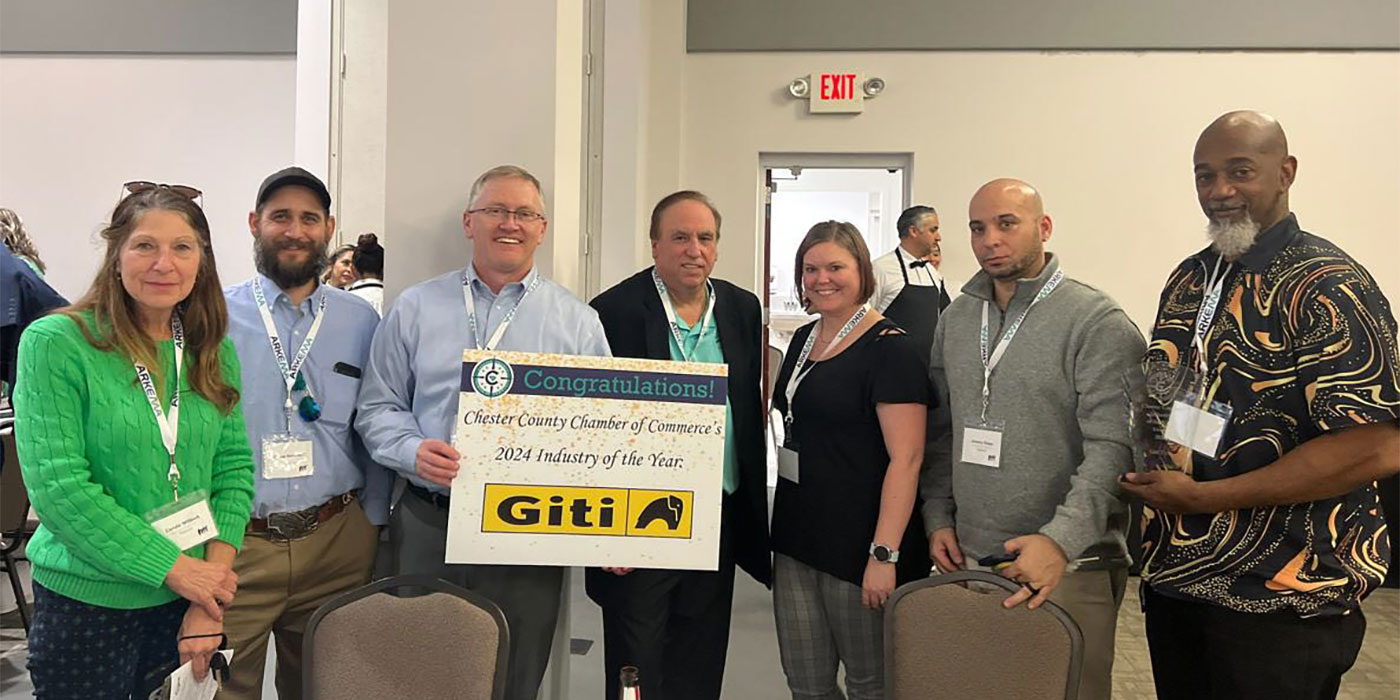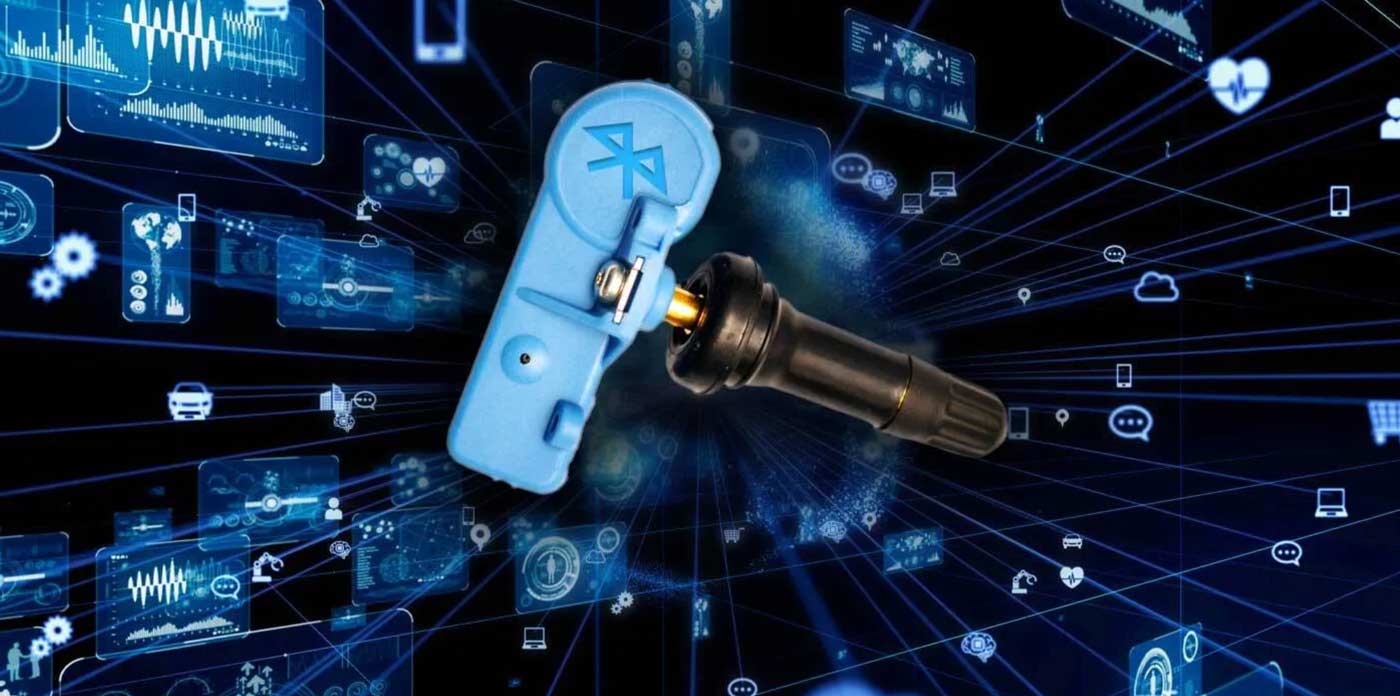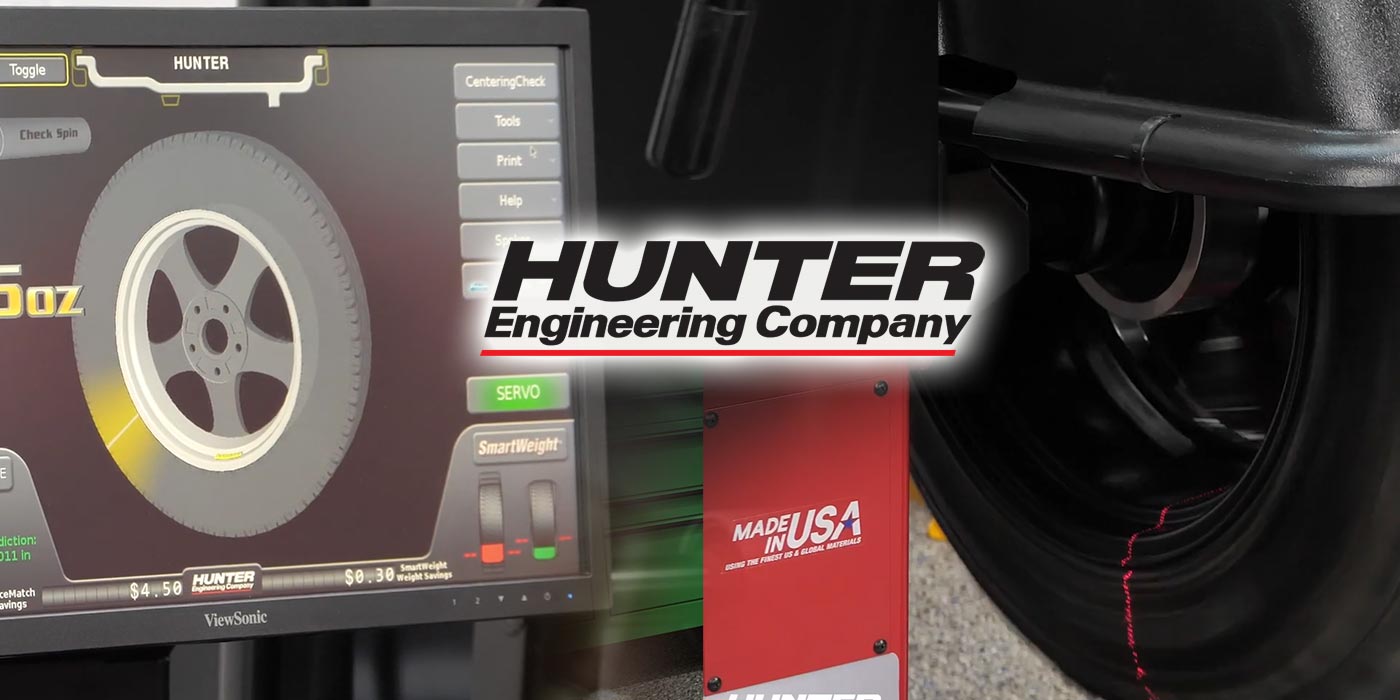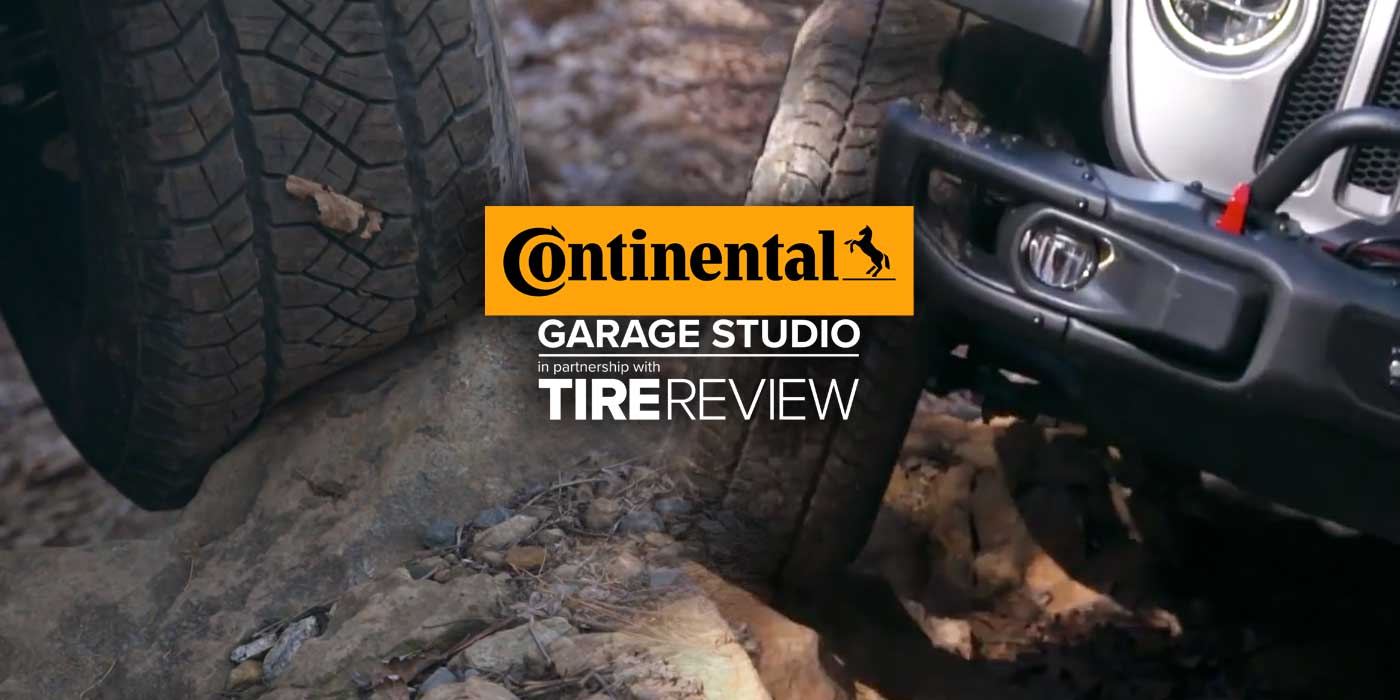Not that I personally know the Pulitzer Prize winning columnist and best selling author, but it seems that way.
Why do I think Friedman is so smart? Cause he doesn’t comes across that way, either on television and though his writing. He’s pretty much like you and me, except he has a fabulous facility for breaking complex issues down into easy-to-grasp bites. To not talk over the heads of anyone, while dishing out a common sense view of the flat, green and hot world.
An example of his genius can be found in his New York Times column from Dec. 10:
While Detroit Slept
As I think about our bailing out Detroit, I can’t help but reflect on what, in my view, is the most important rule of business in today’s integrated and digitized global market, where knowledge and innovation tools are so widely distributed. It’s this: Whatever can be done, will be done. The only question is will it be done by you or to you. Just don’t think it won’t be done. If you have an idea in Detroit or Tennessee, promise me that you’ll pursue it, because someone in Denmark or Tel Aviv will do so a second later.
Why do I bring this up? Because someone in the mobility business in Denmark and Tel Aviv is already developing a real-world alternative to Detroit’s business model. I don’t know if this alternative to gasoline-powered cars will work, but I do know that it can be done – and Detroit isn’t doing it. And therefore it will be done, and eventually, I bet, it will be done profitably.
And when it is, our bailout of Detroit will be remembered as the equivalent of pouring billions of dollars of taxpayer money into the mail-order-catalogue business on the eve of the birth of eBay. It will be remembered as pouring billions of dollars into the CD music business on the eve of the birth of the iPod and iTunes. It will be remembered as pouring billions of dollars into a book-store chain on the eve of the birth of Amazon.com and the Kindle. It will be remembered as pouring billions of dollars into improving typewriters on the eve of the birth of the PC and the Internet.
What business model am I talking about? It is Shai Agassi’s electric car network company, called Better Place. Just last week, the company, based in Palo Alto, Calif., announced a partnership with the state of Hawaii to road test its business plan there after already inking similar deals with Israel, Australia, the San Francisco Bay area and, yes, Denmark.
The Better Place electric car charging system involves generating electrons from as much renewable energy – such as wind and solar – as possible and then feeding those clean electrons into a national electric car charging infrastructure. This consists of electricity charging spots with plug-in outlets – the first pilots were opened in Israel this week – plus battery-exchange stations all over the respective country. The whole system is then coordinated by a service control center that integrates and does the billing.
Under the Better Place model, consumers can either buy or lease an electric car from the French automaker Renault or Japanese companies like Nissan (General Motors snubbed Agassi) and then buy miles on their electric car batteries from Better Place the way you now buy an Apple cellphone and the minutes from AT&T. That way Better Place, or any car company that partners with it, benefits from each mile you drive. G.M. sells cars. Better Place is selling mobility miles.
The first Renault and Nissan electric cars are scheduled to hit Denmark and Israel in 2011, when the whole system should be up and running. On Tuesday, Japan’s Ministry of Environment invited Better Place to join the first government-led electric car project along with Honda, Mitsubishi and Subaru. Better Place was the only foreign company invited to participate, working with Japan’s leading auto companies, to build a battery swap station for electric cars in Yokohama, the Detroit of Japan.
What I find exciting about Better Place is that it is building a car company off the new industrial platform of the 21st century, not the one from the 20th – the exact same way that Steve Jobs did to overturn the music business. What did Apple understand first? One, that today’s technology platform would allow anyone with a computer to record music. Two, that the Internet and MP3 players would allow anyone to transfer music in digital form to anyone else. You wouldn’t need CDs or record companies anymore. Apple simply took all those innovations and integrated them into a single music-generating, purchasing and listening system that completely disrupted the music business.
What Agassi, the founder of Better Place, is saying is that there is a new way to generate mobility, not just music, using the same platform. It just takes the right kind of auto battery – the iPod in this story – and the right kind of national plug-in network – the iTunes store – to make the business model work for electric cars at six cents a mile. The average American is paying today around 12 cents a mile for gasoline transportation, which also adds to global warming and strengthens petro-dictators.
Do not expect this innovation to come out of Detroit. Remember, in 1908, the Ford Model-T got better mileage – 25 miles per gallon – than many Ford, G.M. and Chrysler models made in 2008. But don’t be surprised when it comes out of somewhere else. It can be done. It will be done. If we miss the chance to win the race for Car 2.0 because we keep mindlessly bailing out Car 1.0, there will be no one to blame more than Detroit’s new shareholders: we the taxpayers.
Copyright 2008 The New York Times Company
If you have comments to share, send to me at [email protected].
– Jim Smith


